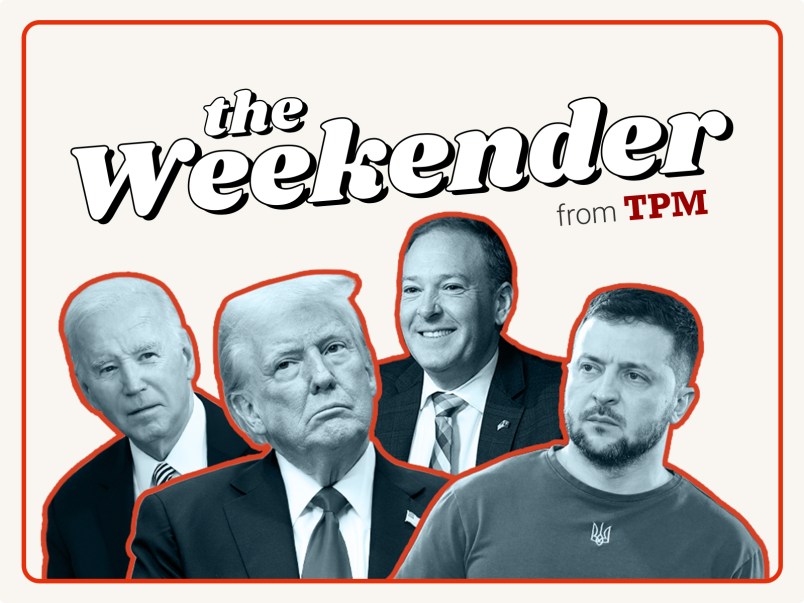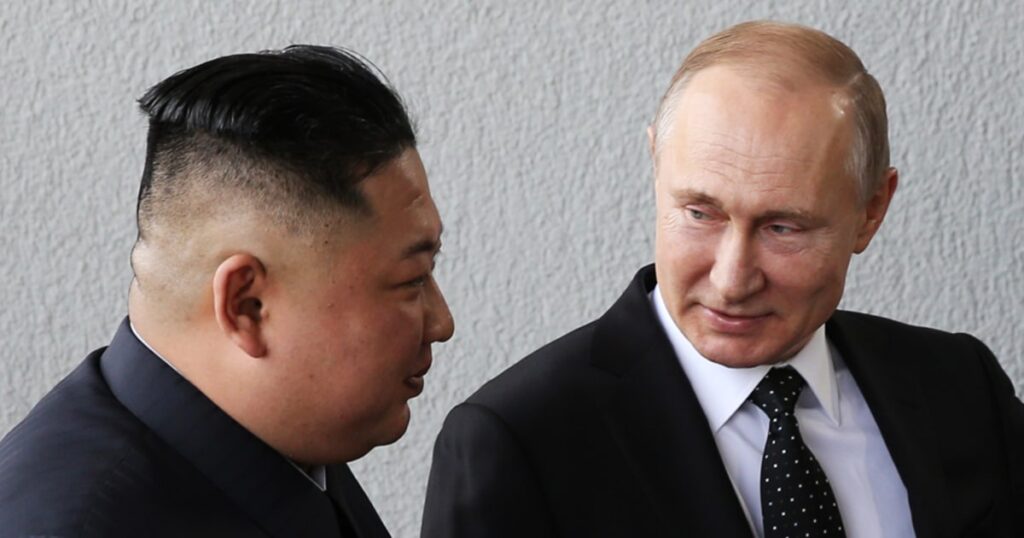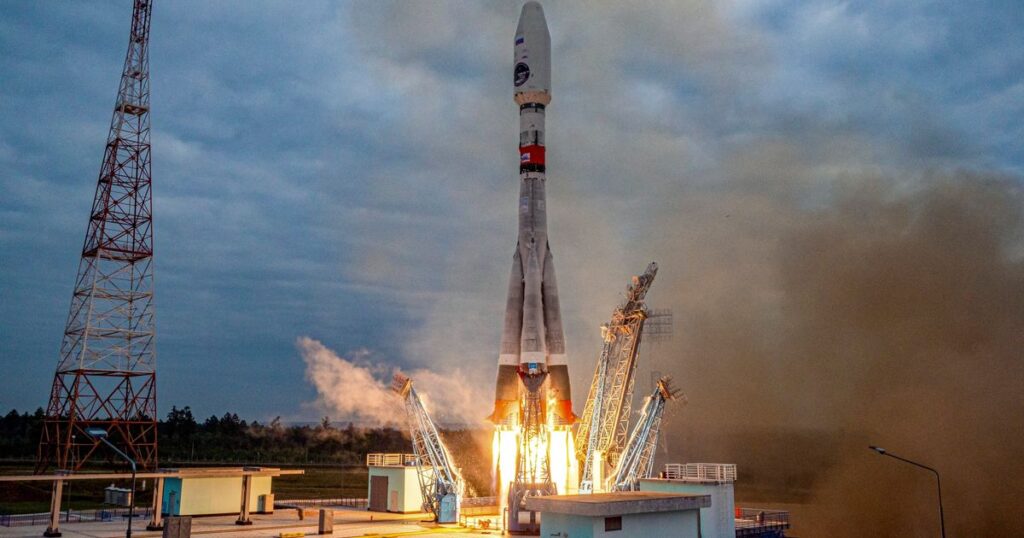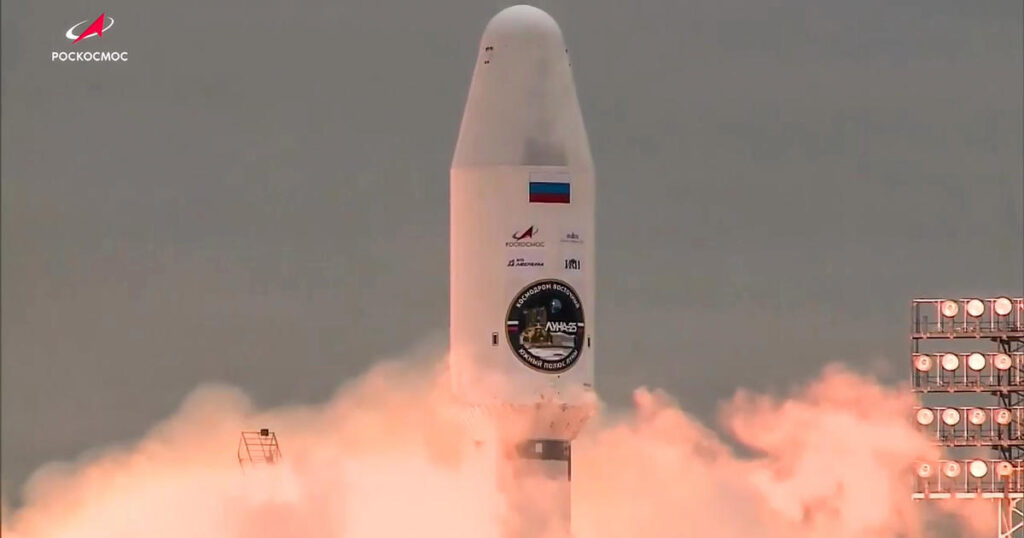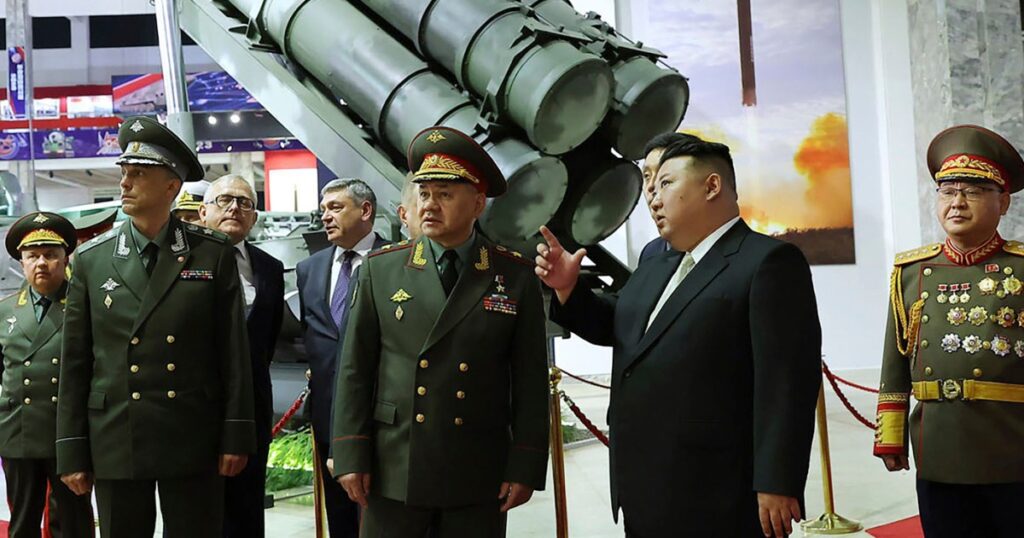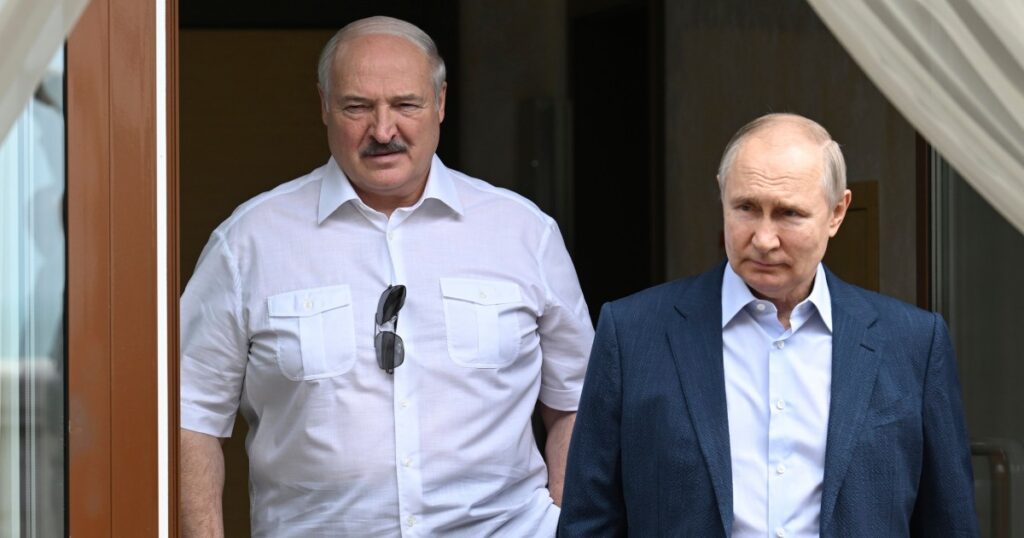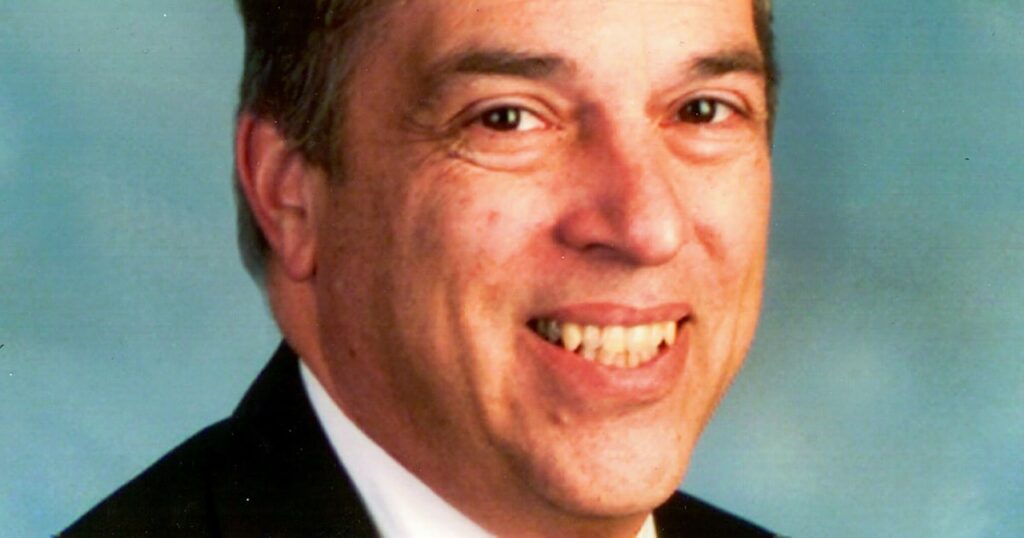Former President Donald Trump has initiated a significant shift in U.S. foreign policy by favoring Moscow over Kyiv, disrupting decades of bipartisan hawkish policies toward Russia. This realignment has caused tension domestically and internationally, particularly highlighted by a tense Oval Office meeting between Trump, Vice President JD Vance, and Ukrainian President Volodymyr Zelenskyy, where the U.S. administration's reduced anti-Kremlin stance was evident. The policy shift has unsettled European allies and been welcomed by conservative populists, suggesting a broader strategic recalibration with potential lasting implications for international relations and the balance of power in Eastern Europe.
